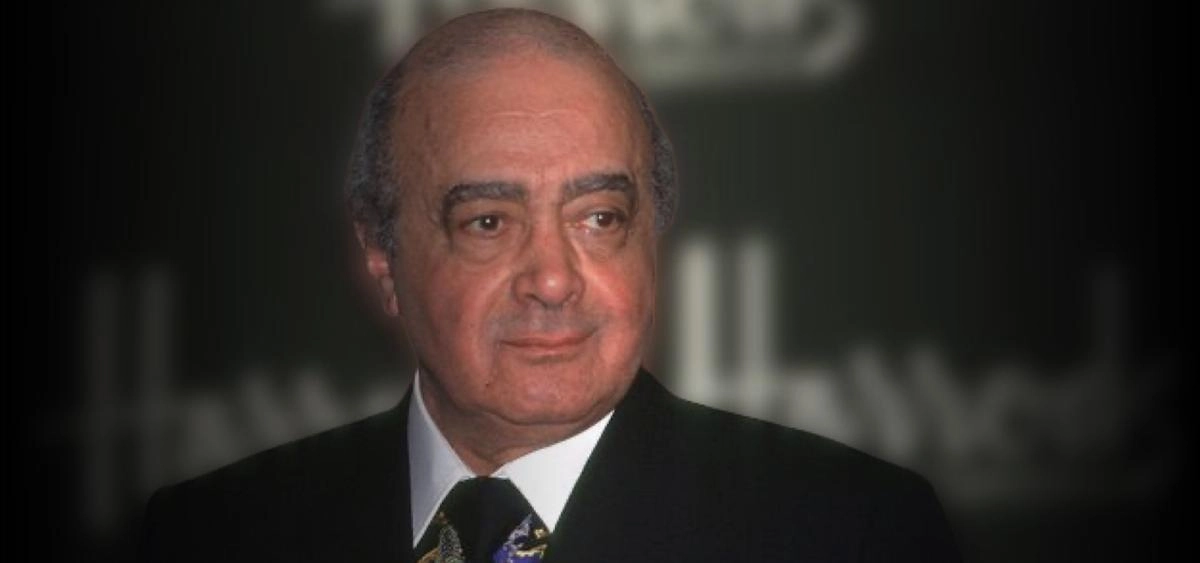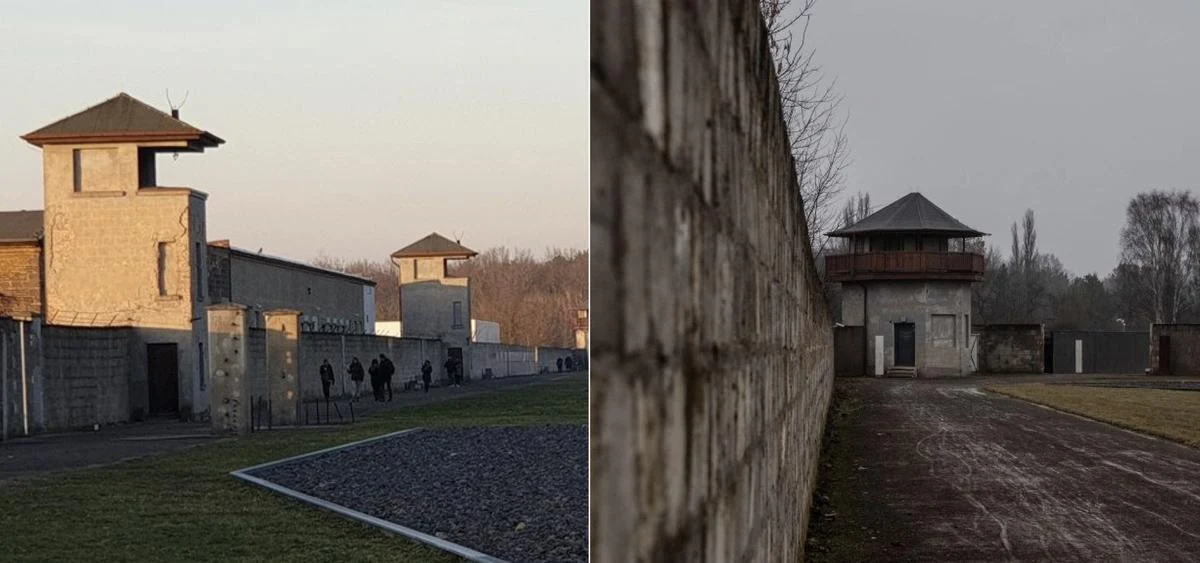Pakistani doctor, Mayo Clinic researcher sentenced 18 years attempted ISIS support; implications, counterterrorism challenges examined in Minnesota case

Credit: Google | On the left , Muhammad Masood a Pakistani Doctor Gets 18-Year Sentence for ISIS Support Attempt
A Pakistani doctor, Muhammad Masood, 31, has been sentenced to 18 years in prison for his involvement in an attempt to join the Islamic State terrorist group. The sentencing took place in a U.S. District Court in St. Paul, following his guilty plea to attempting to provide material support to a foreign terrorist organization. Masood’s aspirations to join ISIS, expressed to government informants, led to his arrest in 2020.
Masood, who had been residing in the United States on a work visa, worked as a research coordinator at the Mayo Clinic in Rochester, Minnesota. He had conveyed his intention to engage in “lone wolf attacks” within the United States or serve as a combat medic for ISIS in the Middle East. Despite his background as a medical professional, he aimed to align himself with the extremist group.
Pakistani doctor who sought to support Daesh terror group sentenced in Minnesota to 18 years. https://t.co/v7hPdGIO26 pic.twitter.com/aQZfJOkGUE
— Arab News (@arabnews) August 26, 2023
The investigation into Masood’s activities commenced when authorities discovered his interactions on an encrypted social media platform, where he sought guidance on traveling to territories controlled by ISIS. Undercover government informants, posing as ISIS members, engaged with Masood as he revealed his desire to contribute to the group’s activities. His initial plan involved traveling to Syria via Jordan, but pandemic-related border closures disrupted this scheme.
The sentencing, delivered by U.S. District Judge Paul Magnuson, sparked discussions regarding the severity of the punishment. Masood’s lawyer highlighted his history of mental illness, suggesting his actions were influenced by this condition. However, prosecutors contended that Masood knowingly pursued a path toward terrorism, disregarding his successful medical career and opportunities in the United States.
The case reflects the ongoing challenge of addressing individuals who attempt to affiliate with terrorist organizations. Despite the decline of ISIS’s territorial control, it still maintains a significant number of members. Recent reports indicate that the group continues to pose a substantial threat, particularly in regions like Afghanistan.
Minnesota, historically targeted by terrorist recruiters, has witnessed individuals from its Somali community joining various extremist groups. These instances underscore the broader issue of radicalization and the need for continued vigilance to prevent the influence of terrorist organizations.
Muhammad Masood’s sentencing sheds light on the complexities of counterterrorism efforts and the delicate balance between addressing mental health concerns and holding individuals accountable for their actions. The case serves as a reminder that the fight against extremism requires ongoing collaboration between law enforcement, mental health professionals, and communities to ensure a safer and more secure society.
RELATED NEWS
WEB STORIES FOR YOU
Stay connected with Today On Globe for the latest Global Issues and News Updates.
Explore more related articles at [TOG News / TOG Article]


















